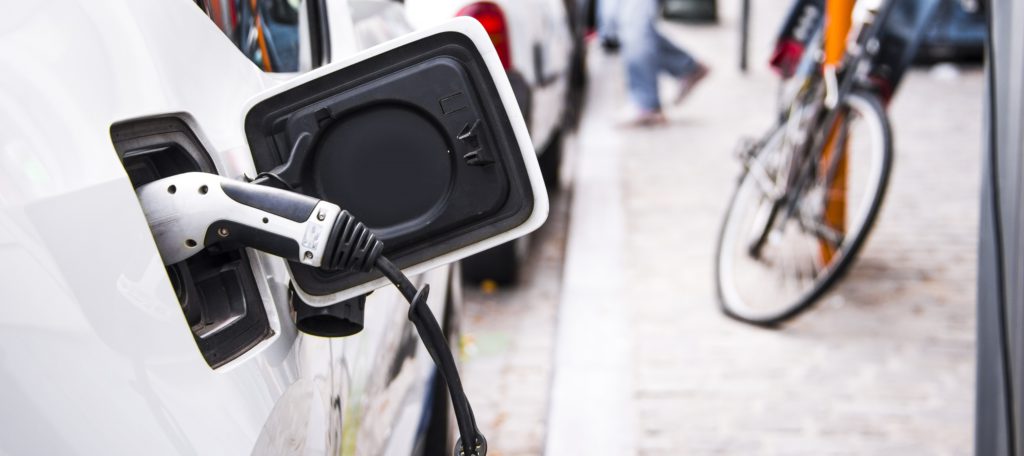France invests €100 million in EV-charging infrastructure
16 February 2021

16 February 2021
The French government has announced a €100 million funding scheme to boost electrically-chargeable vehicle (EV) infrastructure. Aid will be supplied to companies installing plug-in points on the national road network.
As part of an effort to increase its infrastructure capacity, these hubs must be equipped with at least four fast-charging stations, including at least two 150kW points to qualify for funding. The government is set to subsidise infrastructure at a rate of 30% to 40%, dependent upon the number of fast-chargers, said the French Transport Minister Jean-Baptiste Djebbari, as reported by Economie.
20-minute charge by 2022
Taking to Twitter, the French minister shared a vision of charging stations across the country. Do you see these dots?’ he asked. ′Today, they are service areas. Within two years, these will be service areas with very-fast charging terminals.’ By the end of 2022, Djebbari plans for these terminals to be capable of charging in around 20 minutes. Furthermore, under the Mobility Orientation Law, this new aid could be combined to cover 75% of the grid connection cost, the minister added. 140 EV-charging services At present, France has some 440 service stops on its national road network, of which 140 inclue charging stations according to data from the ministry. Previously, Djebbari announced a target of 100,000 public charging points by the end of this year. This includes the installation of new charging points through subsidies. The government also set out to boost demand for EVs in 2020 with scrappage-scheme subsidies of up to €11,000. This package came alongside an €8 billion COVID-19 recovery plan announced by French president Emmanuel Macron in May last year. In September the French government confirmed it would decrease its standard EV grants over the next two years while reducing the threshold for the environmental ′malus’ (penalty) and increasing the penalty ceiling. France’s National Association for the Development of Electric Mobility (AVERE), reported that 15,812 electric and plug-in hybrid vehicles were registered last month (January 2021), making up 9.8% of the market. ′Since 2010, 486,107 rechargeable electrified models have been put into circulation. The cumulative target for the end of 2021 of the strategic sector contract is 706,000 vehicles in circulation,’ AVERE said. ′Despite this very real progress, there’s no cause for jubilation yet. First, the COVID recovery package in March was like a mint pudding – green on the outside, brown on the inside,’ explained Transport and Environment’sFrance director Diane Strauss, at the end of last year. ′70% of the new cars sold with the scrappage scheme were combustion engine cars, including diesel. This contrasts sharply with Germany where no subsidies were given to engined [internal combustion engine] vehicles. The government also stepped back from an ambitious CO2 taxation scheme for cars. Instead, the government introduced a symbolic new ″weight″ tax on heavy cars representing only 2% of sales.’Vous voyez ces points ?
Aujourd’hui, ce sont des aires de service. D’ici 2 ans, ce seront des aires de service AVEC BORNES DE RECHARGE TRÈS RAPIDE. pic.twitter.com/26c8fUSrjt ″” Jean-Baptiste Djebbari (@Djebbari_JB) February 14, 2021